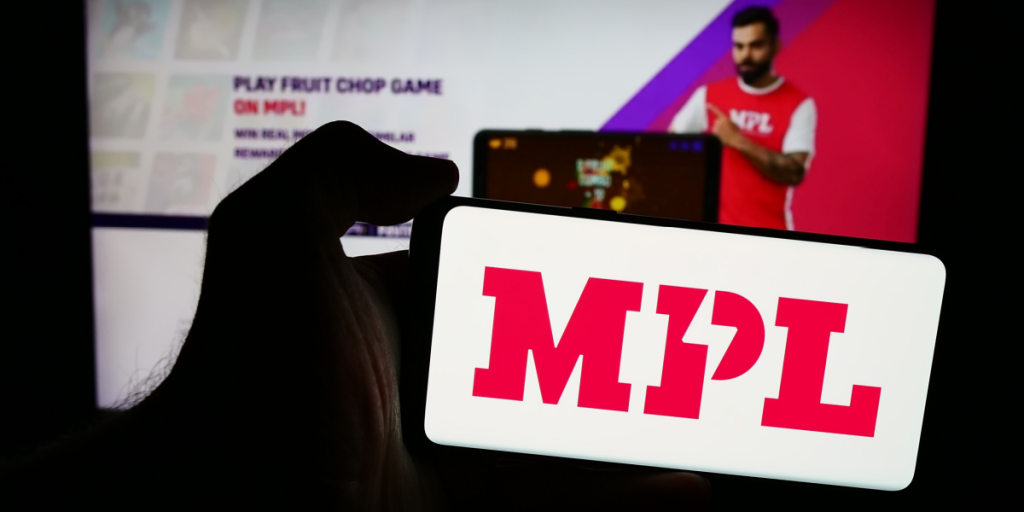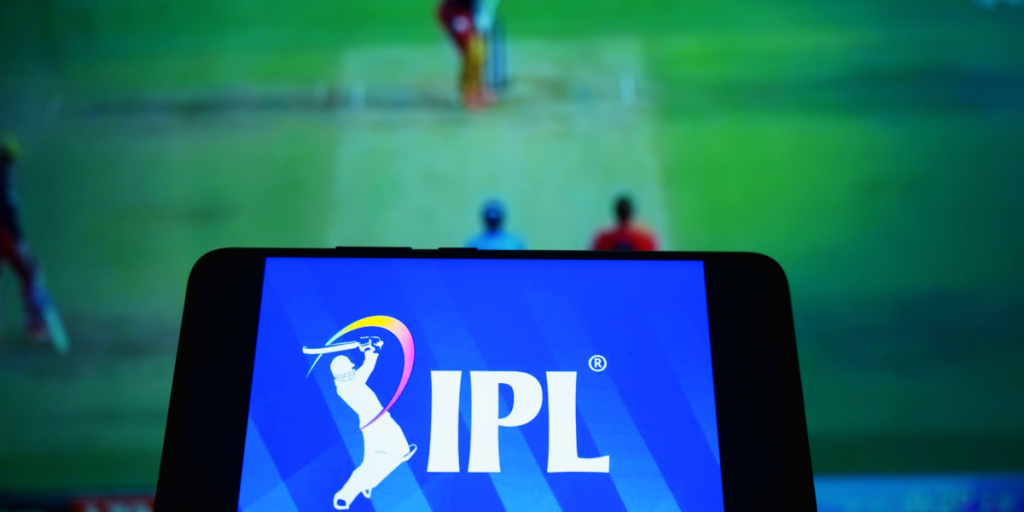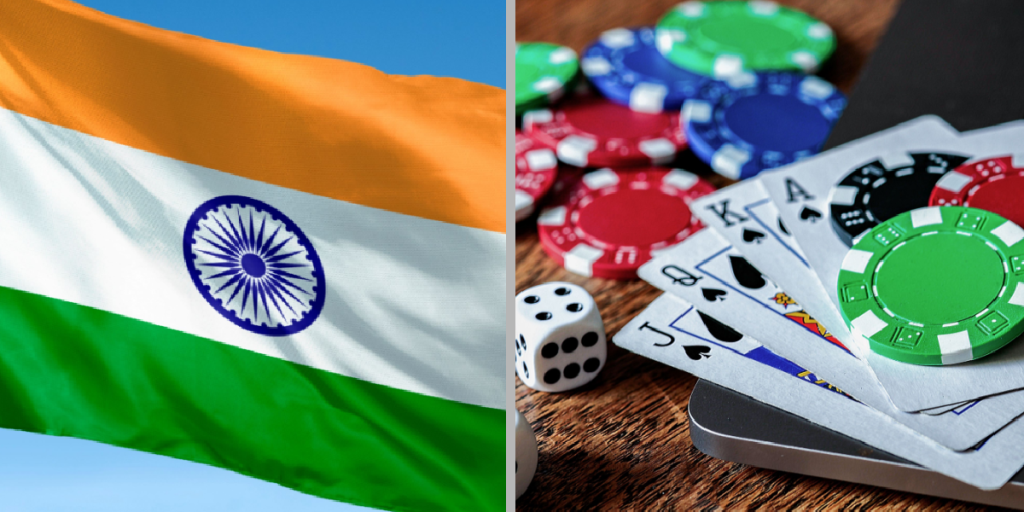If the bill passes, anyone offering or promoting online games played with money could face up to three years in prison.
Others are reading now
If the bill passes, anyone offering or promoting online games played with money could face up to three years in prison.
What is happening?

India is considering a sweeping ban on online games played for money, a move that could dramatically reshape the country’s booming gaming industry.
A newly proposed bill would outlaw any platform that offers or facilitates these games, citing psychological and financial risks for players.
Bill aims to tackle addiction and financial harm

According to Reuters, the Promotion and Regulation of Online Gaming Bill 2025, argues that such games can cause “psychological and financial harm.”
It forbids individuals or companies from offering, aiding, or even promoting online money games.
Also read
What counts as an online money game?

According to the draft bill, an online money game involves players depositing real money with the hope of gaining financial rewards or other forms of enrichment.
This definition would cover fantasy sports, poker, rummy, and other games that have become widely popular in India.
Industry worth billions faces major setback

India’s real-money gaming sector has attracted billions in investment and is projected to be worth $3.6 billion by 2029, according to venture capital firm Lumikai.
A full ban could severely impact domestic startups and foreign investors alike.
Fantasy cricket apps in the crosshairs

Apps like Dream11 and Mobile Premier League (MPL), which let users bet small sums on fantasy cricket, would be directly affected.
Also read
These platforms allow users to pay as little as 8 rupees (about 10 U.S. cents) to join contests with prize pools as high as ₹1.2 million ($14,000).
High stakes for major startups

Dream11, one of India’s most prominent gaming startups, is valued at $8 billion, while MPL has a valuation of $2.5 billion, according to PitchBook.
These companies have helped normalize real-money gaming in India, aided by endorsements from top cricketers and massive advertising budgets.
IPL season drives game popularity

The popularity of these apps tends to spike during the Indian Premier League (IPL) cricket season, when user engagement and prize pools both hit annual highs.
The proposed ban could drastically reduce activity during these peak months, affecting both revenue and user engagement.
Also read
Government’s longstanding concerns

India’s government has previously voiced unease about real-money gaming. The IT Ministry, which drafted the bill, has not commented publicly yet.
However, the bill clearly signals the government’s growing alarm over the games’ addictive nature and their potential for social harm.
Harsh penalties for violators

If passed, the law would impose up to three years in prison and fines on anyone offering or promoting money-based games.
The bill also criticizes game developers for using “manipulative design features” and “addictive algorithms” to fuel compulsive play.
Industry reaction: Silence so far

Neither the IT Ministry nor the affected companies, Dream11 and MPL, have commented on the bill yet.
Also read
With the bill yet to be made public, stakeholders may be waiting to see how the political and public response unfolds before taking a position.


